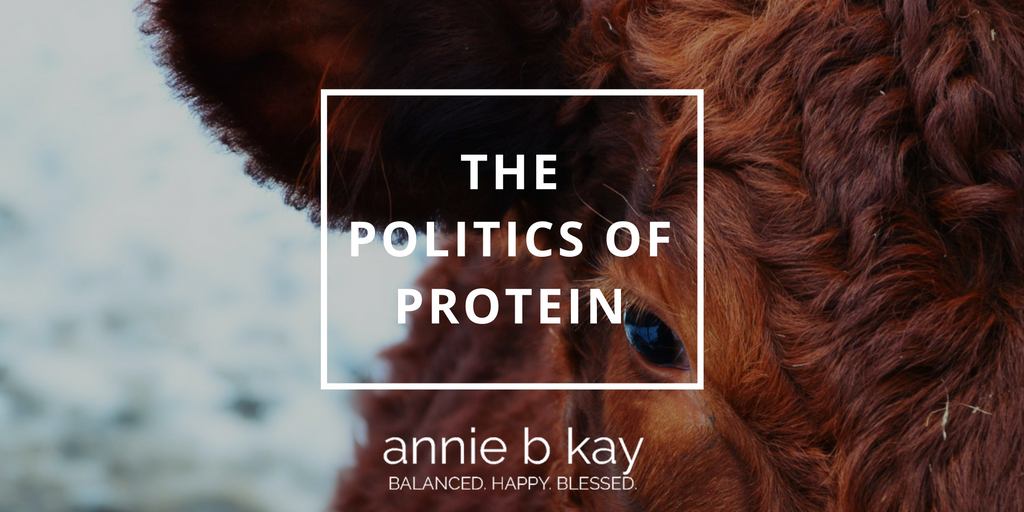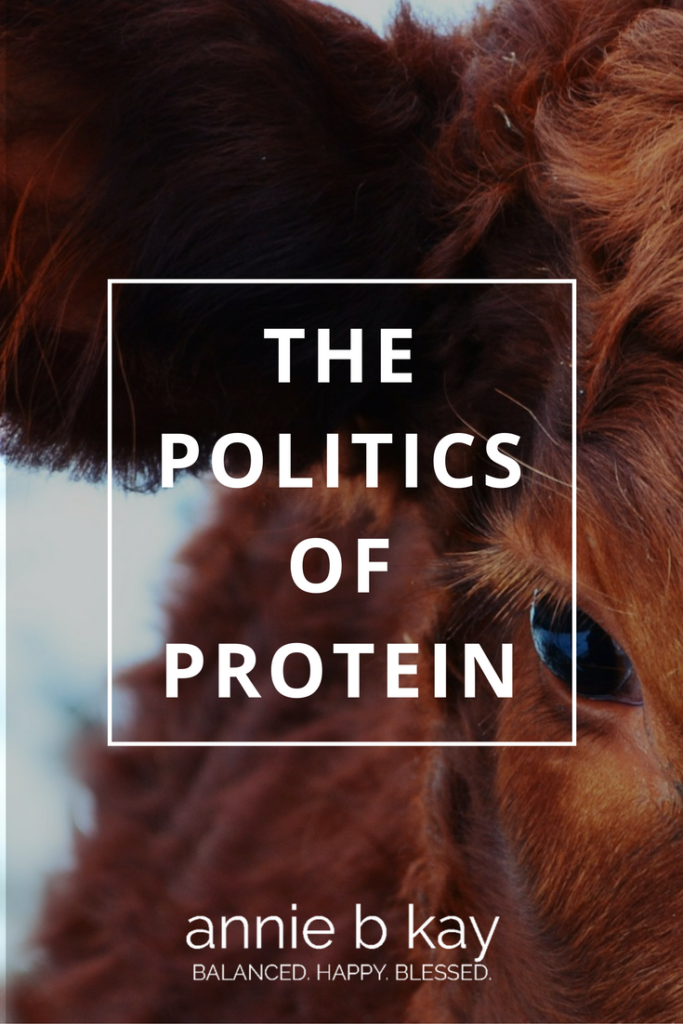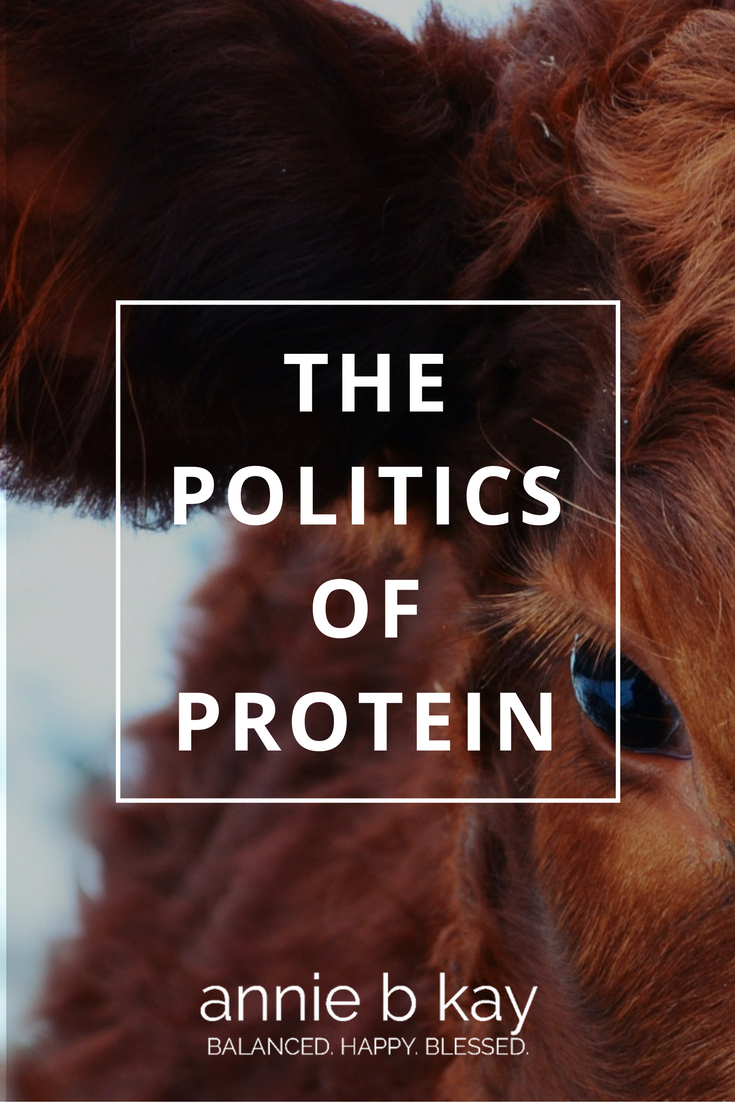
Protein is critical but most Americans overdo it. Animal-rich diets have a larger carbon footprint – not so good for the environment. In a vegan (animal-free) diet, protein is widely available. We humans love us some protein!
How do we eat in balance – healthy for us and also our beautiful planet?
Recently I was teaching with a colleague I love and respect, who mentioned that the latest thinking on protein needs is 30/30/30 (grams per day). I sat up – that’s a lot of protein and has environmental implications, I thought. At that level of intake, it’s difficult if not impossible to get adequate protein from a vegan diet. I wanted to know more. This higher recommendation is nearly twice what the NIH recommends (around 50 grams – a little more for men, a little less for women).
That sparked a months-long investigation for me, that’s not yet finished!
It sent me to pubmed, the NIH’s library of clinical research, to see where the recommendation came from. All I could find were a collection of papers from something called Protein Summit 2.0, and I’m grateful that now clinical research papers need to list funding, because there they were – many of the business interests and advocacy groups whom you’d think would support it. Sure enough, papers from that gathering recommended this higher level, with nods from the egg, beef, pork and dairy industry.
Protein is critical for health throughout the lifespan, and can be a challenge if protein needs are high, as in performance athletes and those healing from injury or disease. However, it has been well established that in a vegan diet, protein is widely available. Vegans do have to be aware of protein, and taking some with each meal and snack is a great guide – think nuts or nut butters, beans, seeds and seed butters, whole grains and most vegetables. Vegan diets with these foods at the center are some of the most healthful on the planet. The planet smiles on vegan diets too, as protein is the macro-nutrient that tends to have the greatest impact on carbon footprint.
For more on the link between protein and the environment, look at this set of graphics from the World Resources Institute, and the Environmental Working Group’s Meat Eater’s Guide.
Recently a smart RDN (Registered Dietitian Nutritionist) gave me the name of a researcher she respects who has been publishing studies on this higher level of protein. I have yet to investigate, but will (and will pass my take along).
What’s an eater to do? Here are my thoughts.
- No matter what your choice – vegan, flexitarian (an eater of a whole-foods plant-based diet with a little fish, eggs and dairy), or other – have some protein – mostly plant protein – with each meal and snack.
- If eating animals helps you nutritionally, please don’t feel bad about it. Honor the life that has been given. It is the cycle of nature and life and ultimately, nearly everyone gets eaten in the end.
- Honor the fact that protein is richly sustaining, and takes more resources to create – so, resist the temptation to overdo it. It is human nature to overdo it. Protein powders likely have the greatest carbon footprint of all – could you do it with an egg or seed powder? Focus on eating the CDC-recommended 9-13 servings of plants daily. Can you have a bit more of your protein from plants without suffering nutritionally?
What about me? I am a flexitarian – I eat about 1 serving of animal per day, in the form of mostly eggs, but occasionally fish or meat. I put whole grass-fed milk in my morning coffee, and enjoy a bit of ghee (clarified butter) from grass-fed cows. I mostly hit the recommended number of plants, but left to my own devices my taste would be pure starch! So, when life is full I have to remind myself to eat plants, and do on occasion retrace my day and find myself swimming in toast, and potatoes. Then it’s time to begin again, dust myself off and chop up some – hale kale!
Here are a couple of my plant-protein-rich recipes:
I’m big on soups!
What about you – how do you honor protein and meet your needs?




